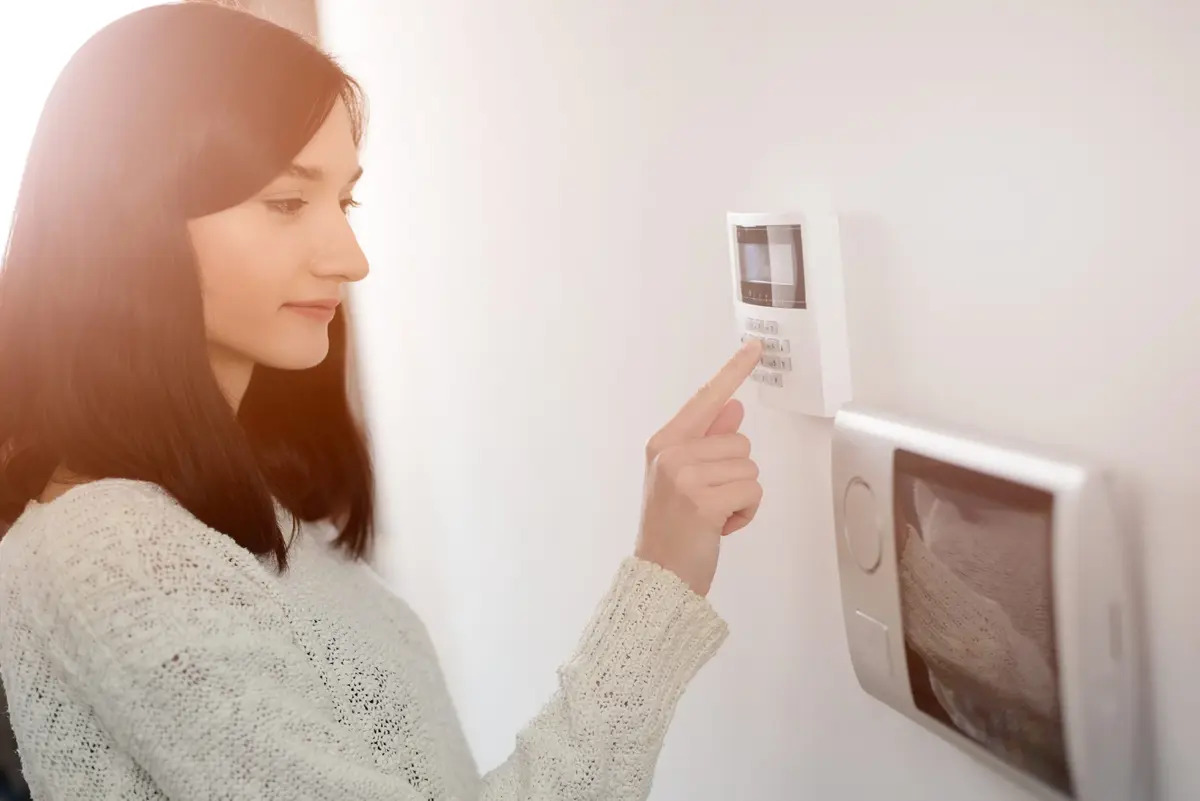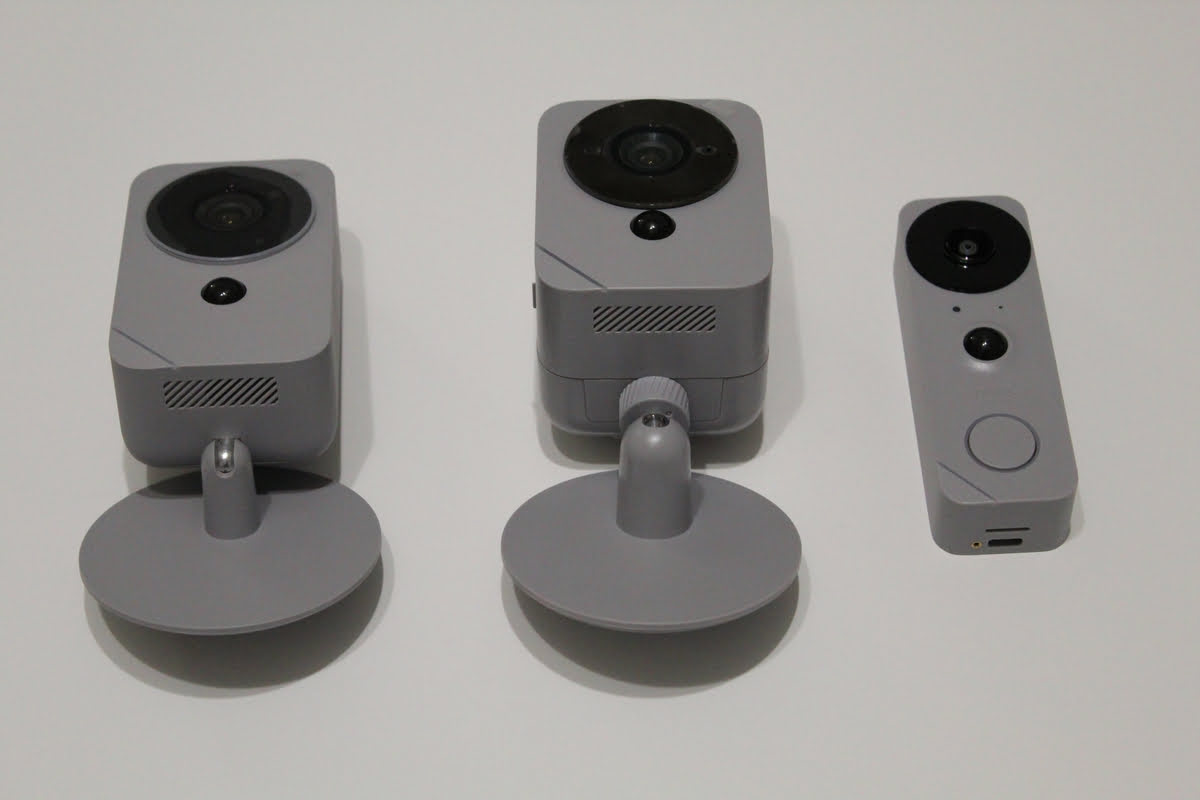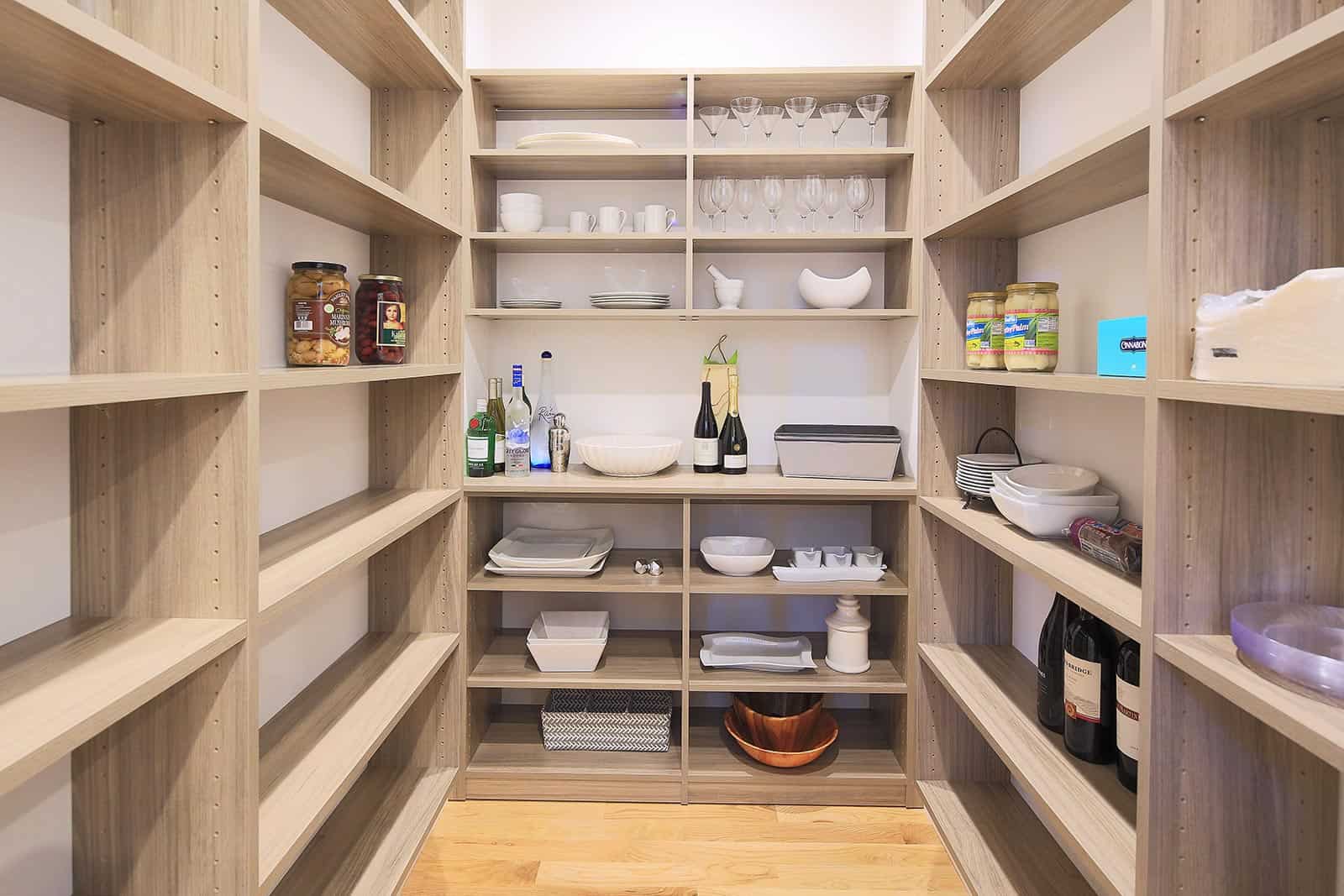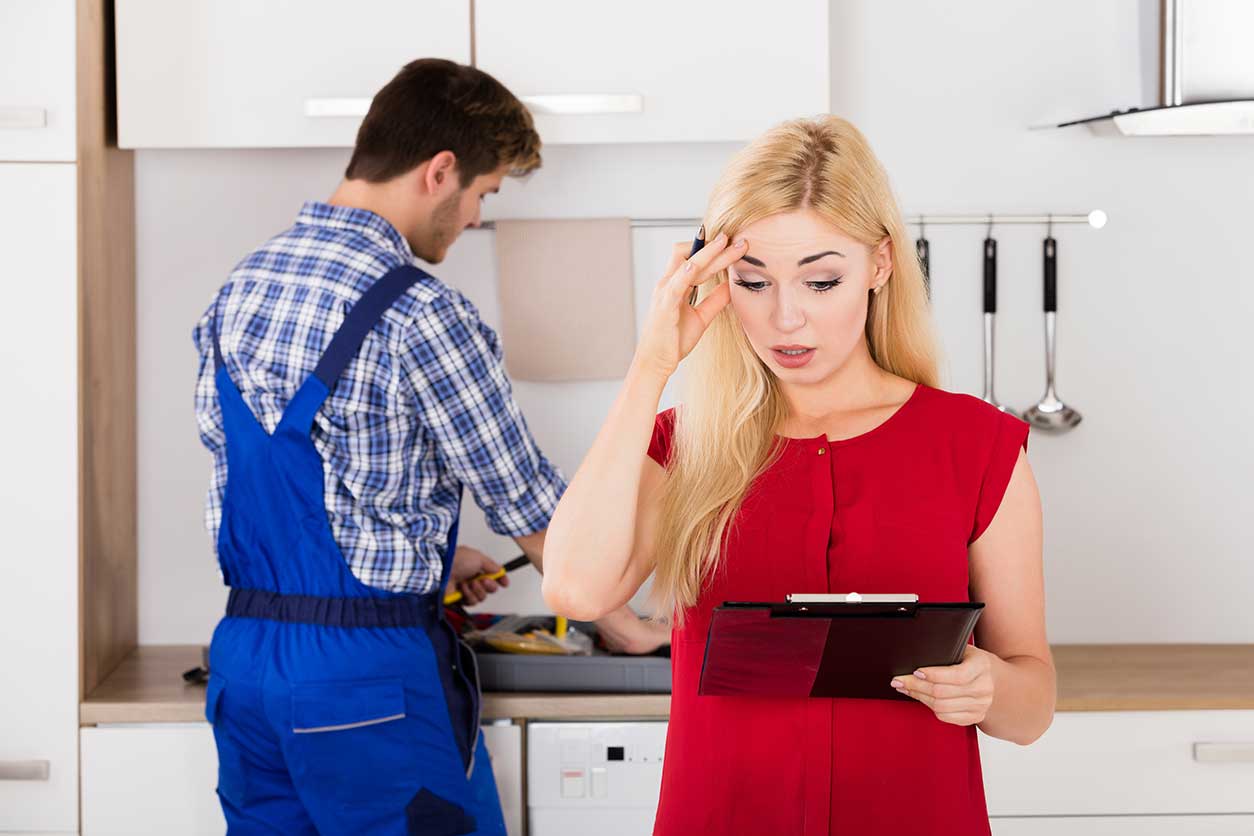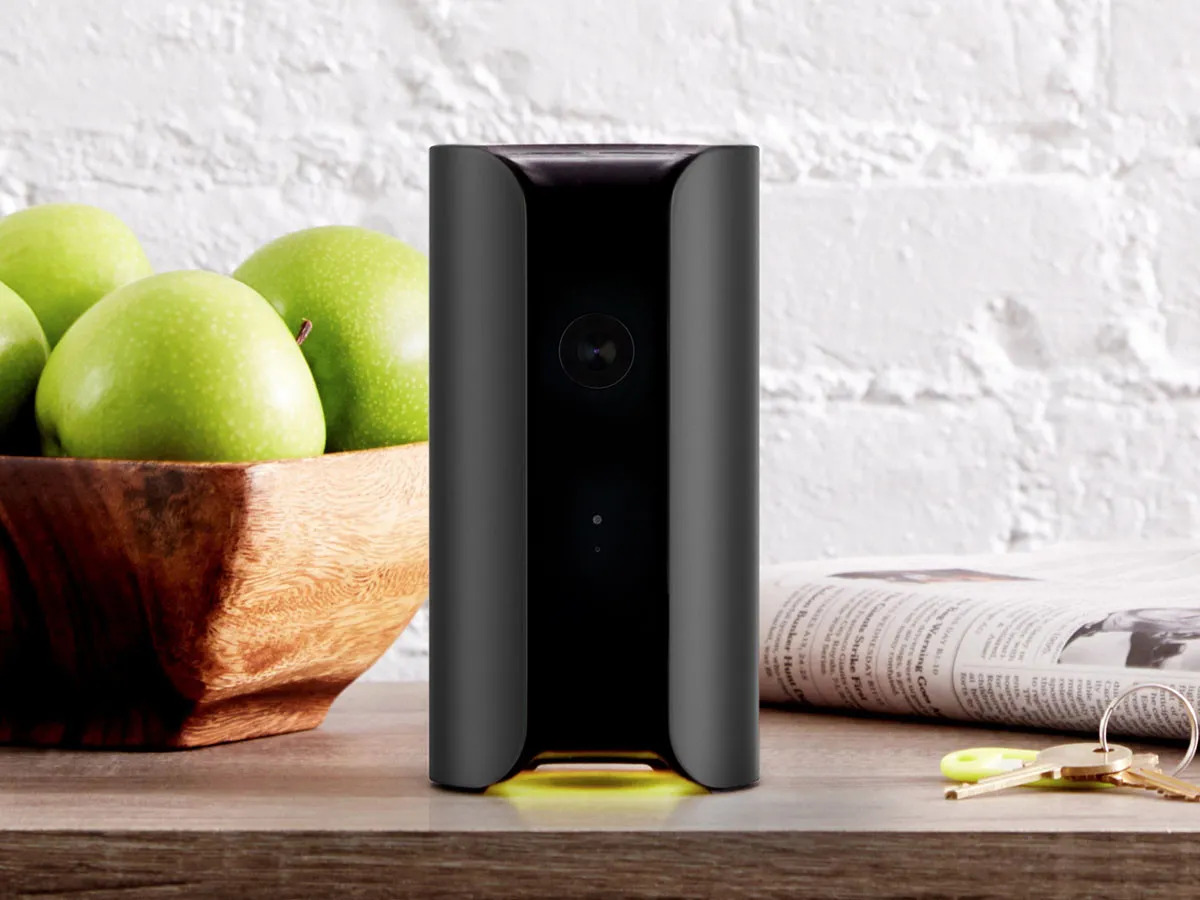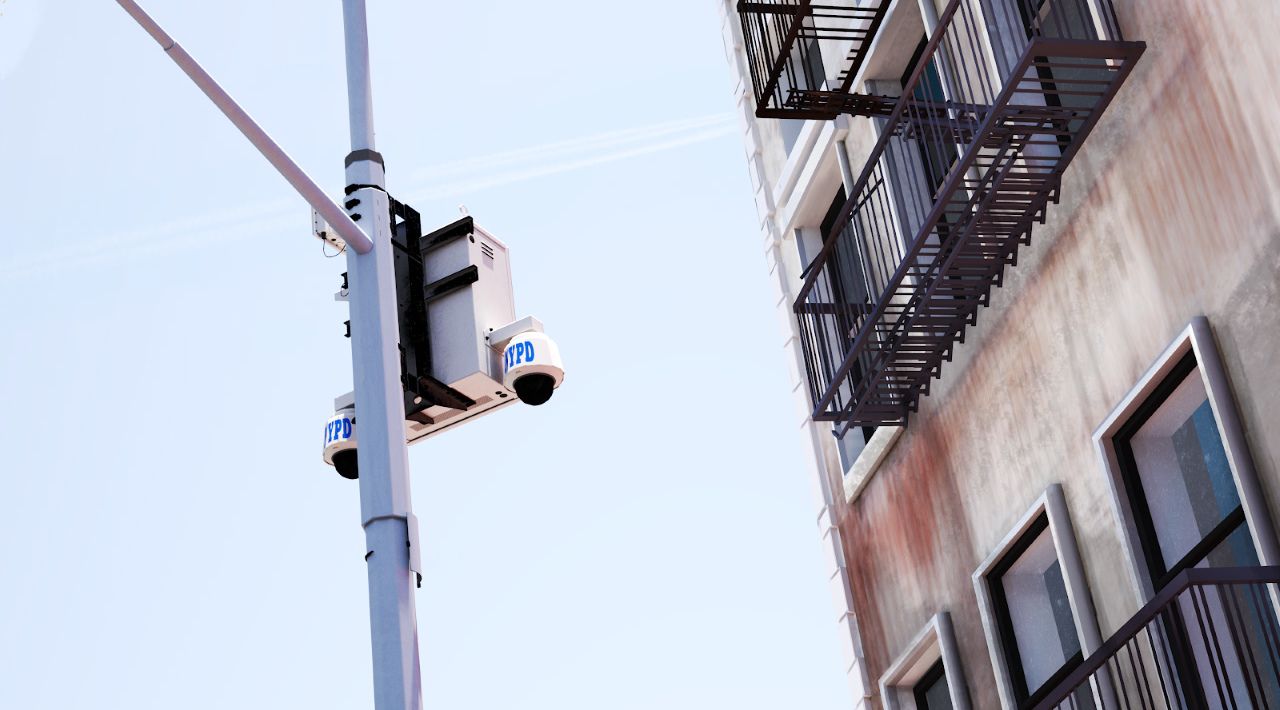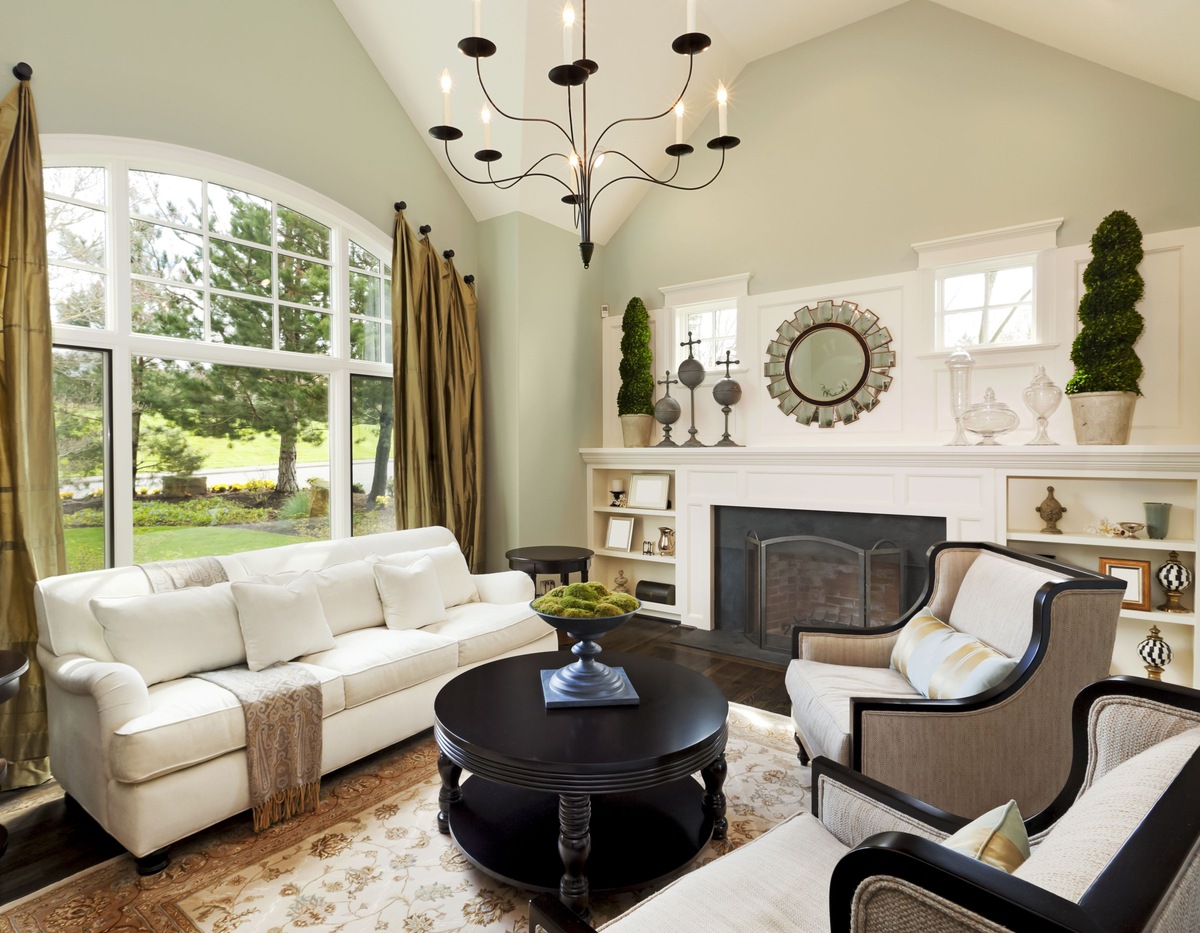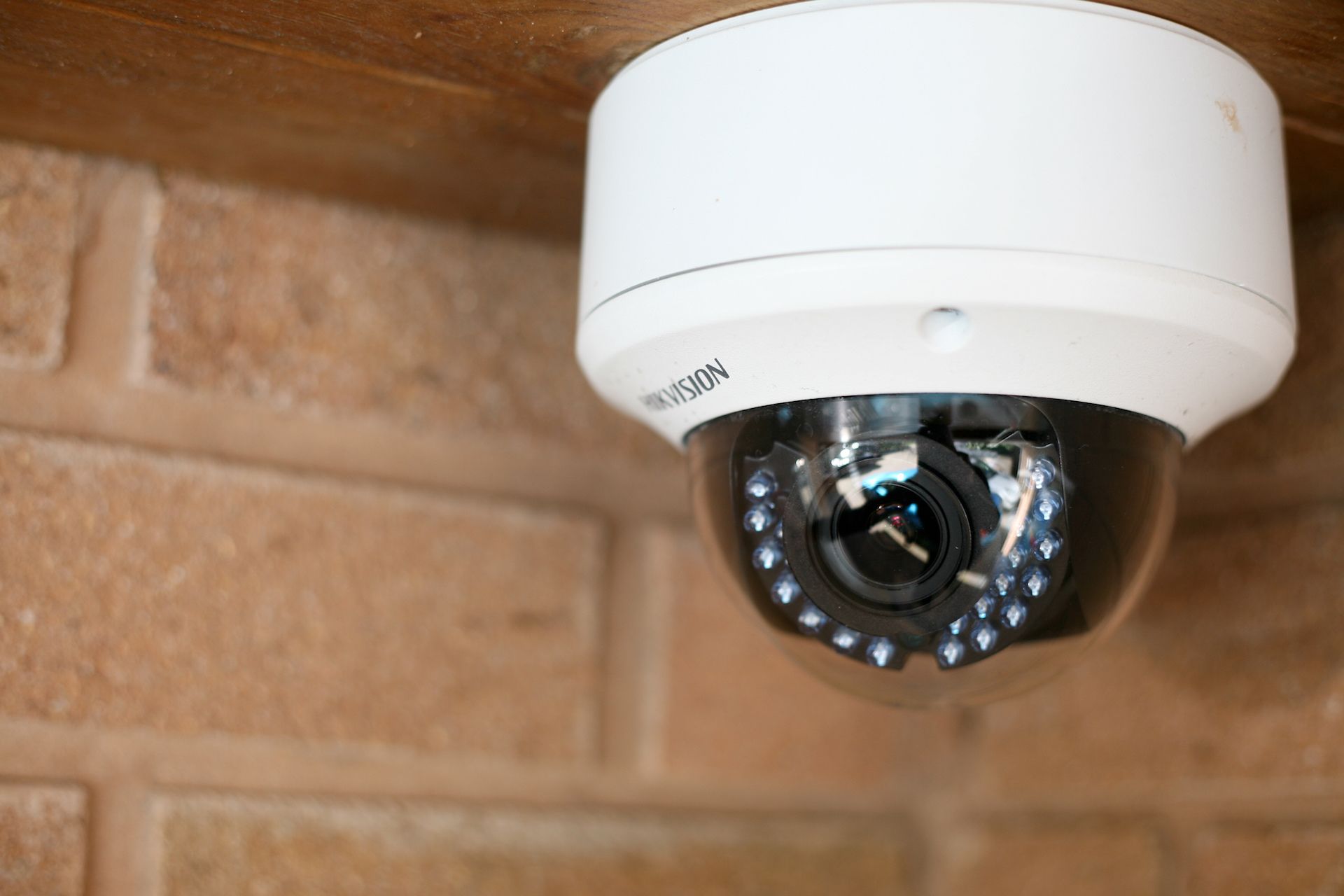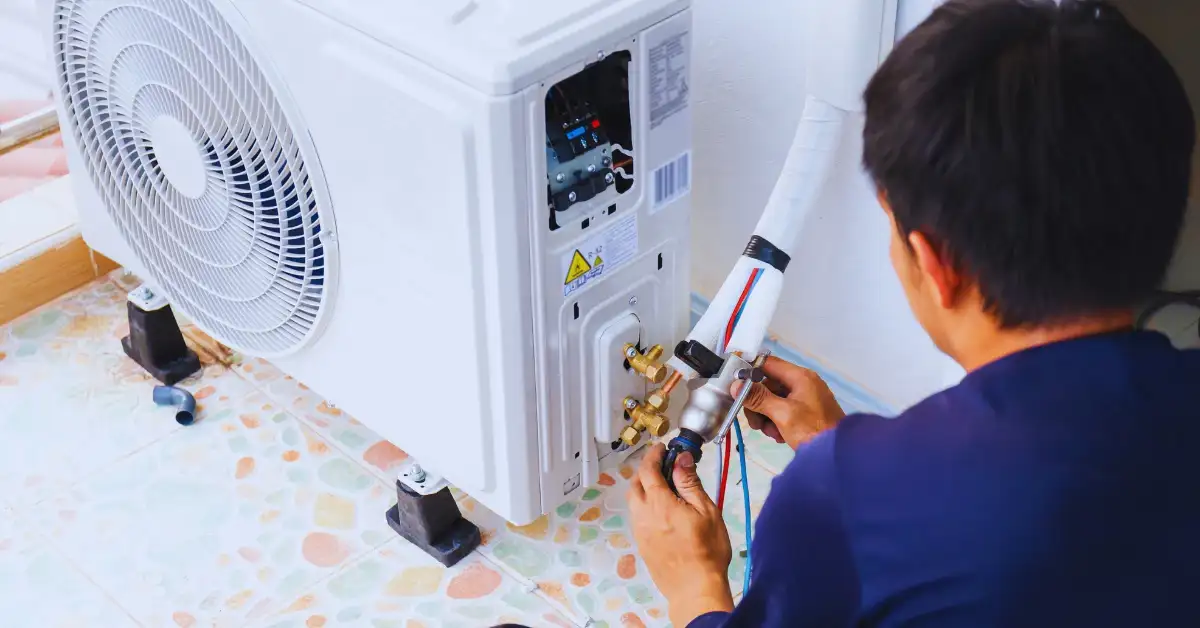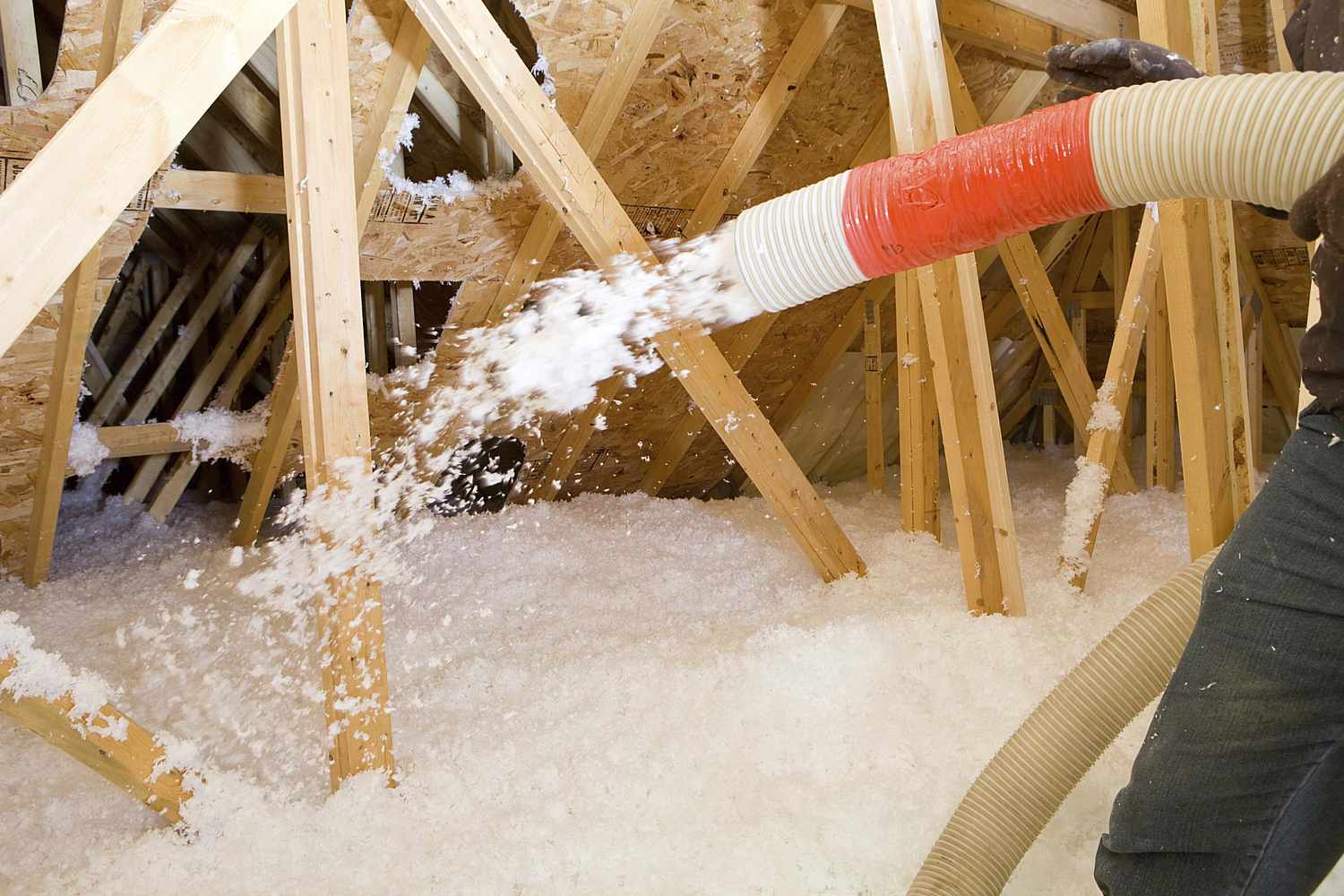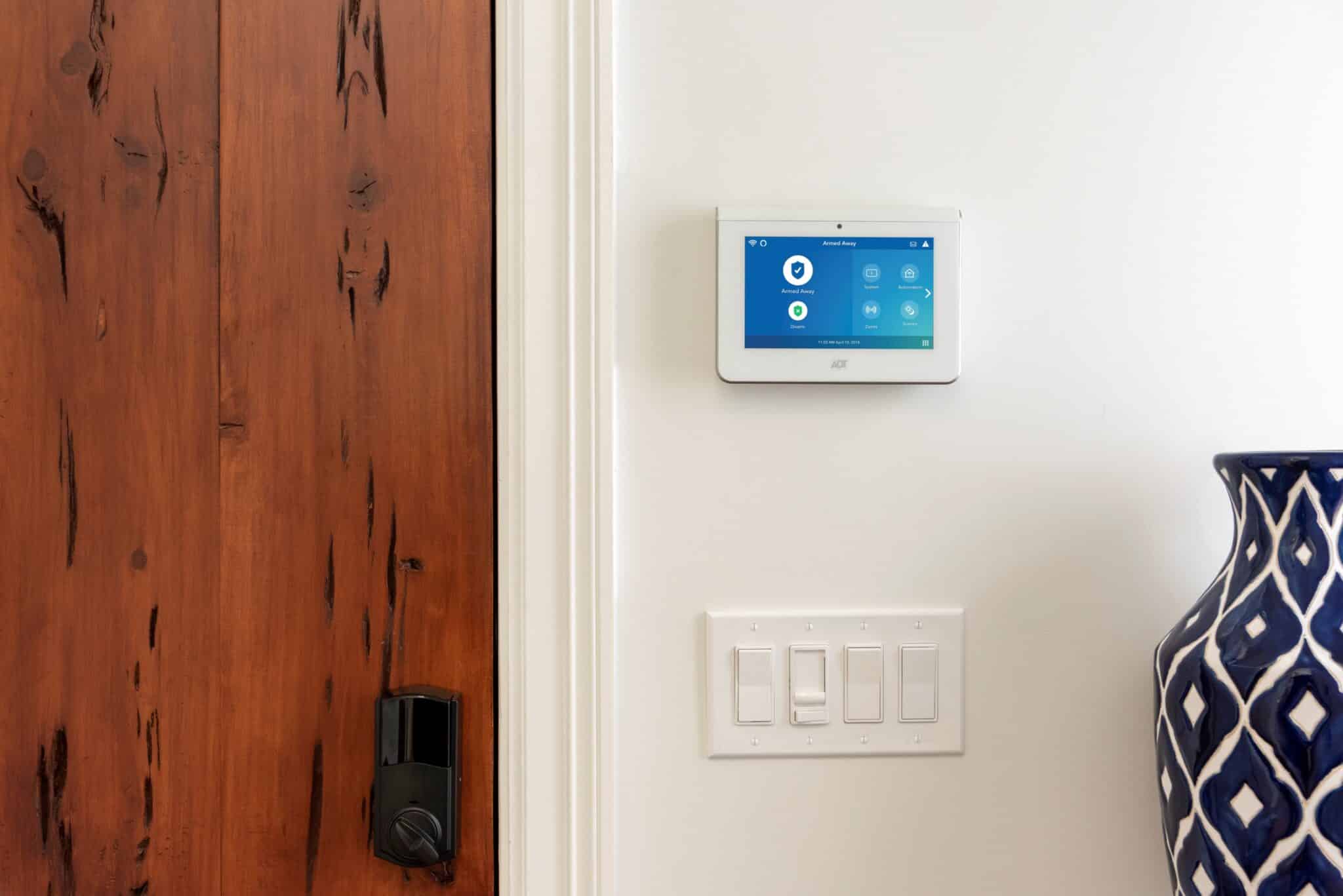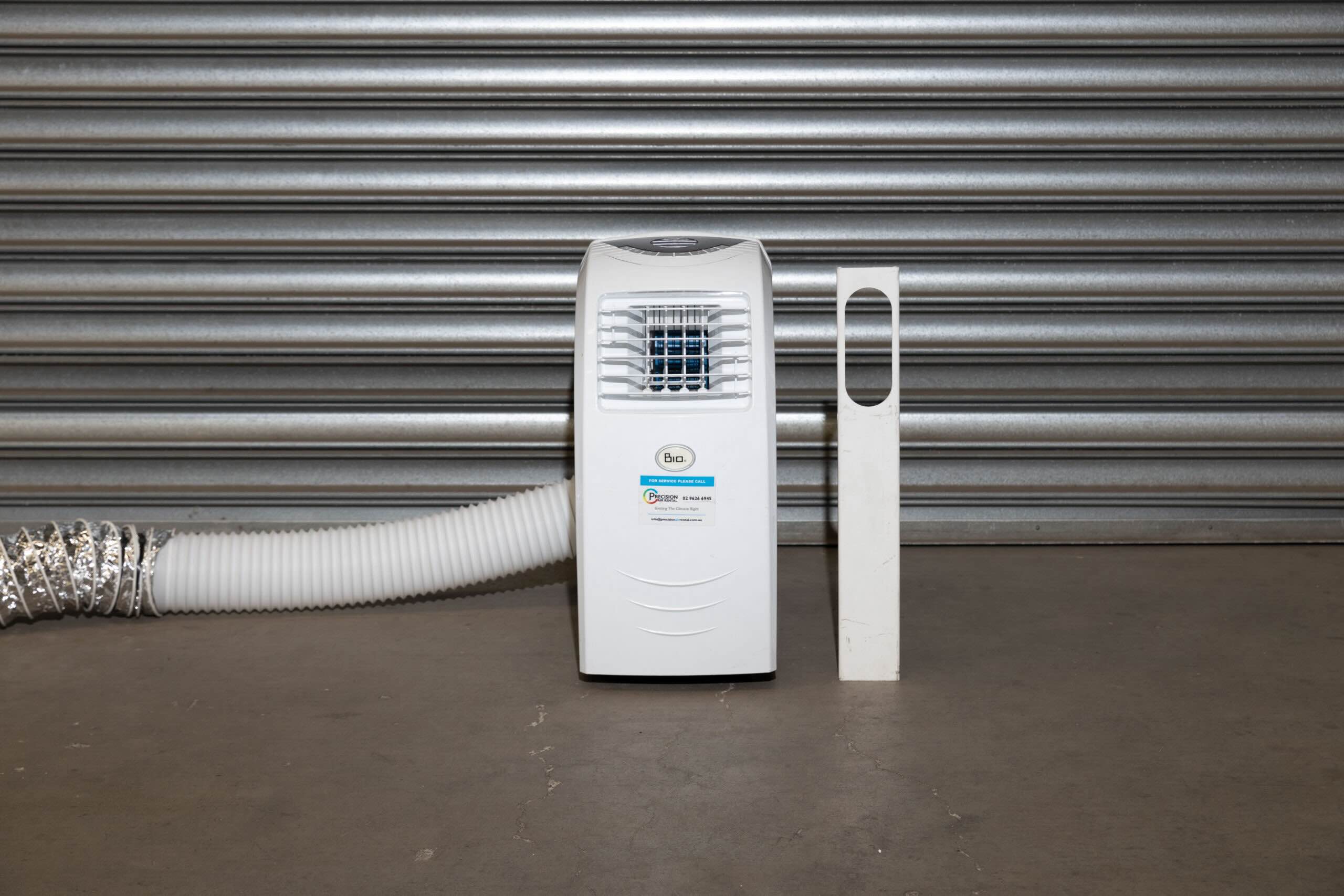Home>Home Security and Surveillance>Importance Of Home Security When Renting
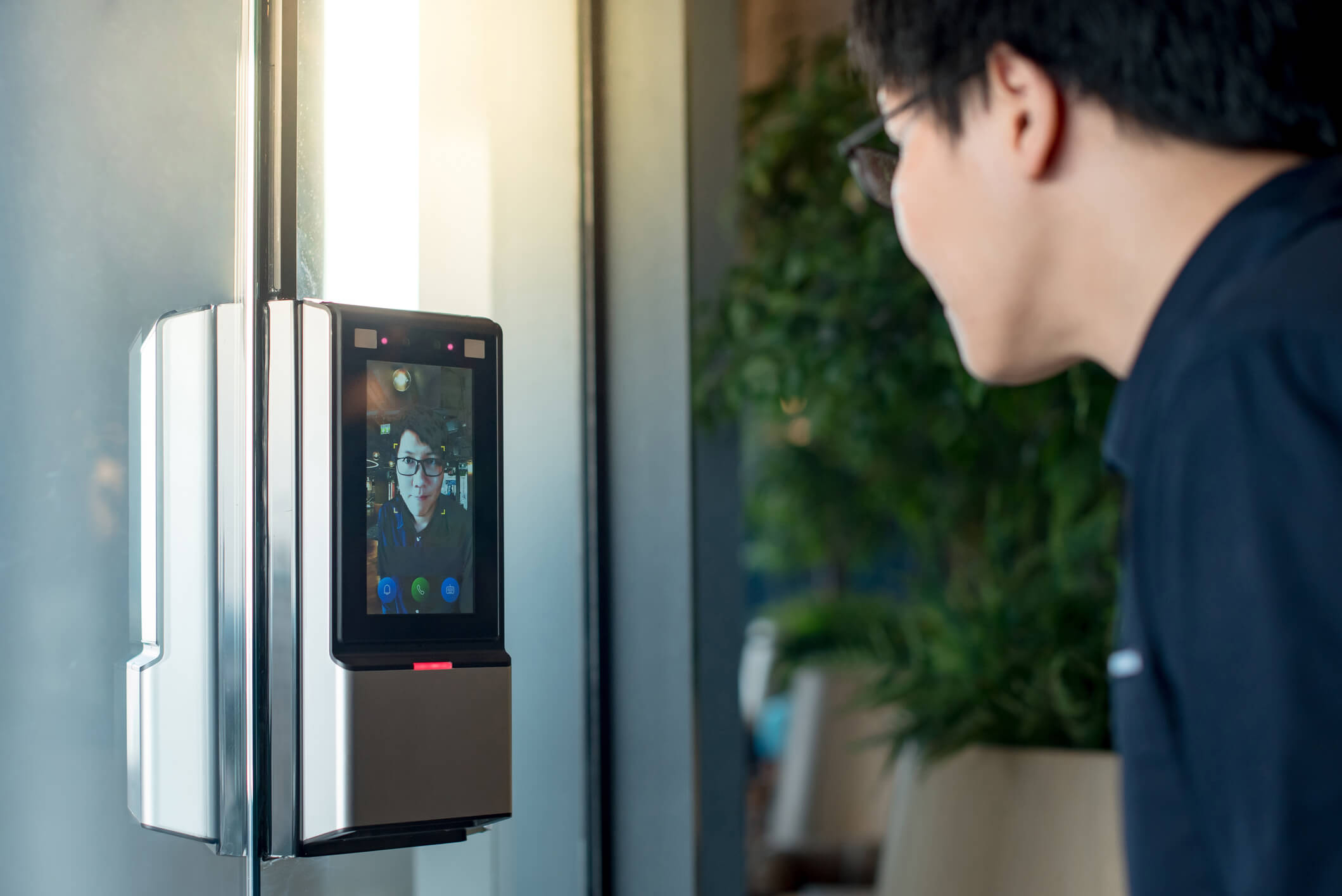

Home Security and Surveillance
Importance Of Home Security When Renting
Modified: March 6, 2024
Boost your home security and surveillance when renting with our top-notch solutions, ensuring peace of mind and ultimate protection for you and your loved ones.
(Many of the links in this article redirect to a specific reviewed product. Your purchase of these products through affiliate links helps to generate commission for Storables.com, at no extra cost. Learn more)
Introduction
When it comes to creating a safe and secure living environment, home security should be a top priority. Whether you’re a homeowner or renting a property, ensuring that your home is protected from intruders and other potential threats is essential for peace of mind and the well-being of yourself and your loved ones.
While many people may think that home security is only a concern for homeowners, it is equally important for those who are renting. Rental properties can sometimes present unique challenges when it comes to implementing security measures, but with the right knowledge and strategies, you can still create a safe space that you can call home.
In this article, we will explore the importance of home security when renting and provide useful tips and suggestions for enhancing the safety of your rental property. From evaluating the existing security features to implementing smart home security systems, we will cover various aspects of improving home security to ensure a peaceful and protected living environment.
So whether you’re a first-time renter or have been renting for years, read on to discover how you can safeguard your rental property and create a home that is secure and worry-free.
Key Takeaways:
- Prioritize home security when renting to protect yourself, valuables, and privacy. Evaluate and enhance property security, communicate with landlords, and develop personal security habits for a safe living environment.
- Collaborate with neighbors to build a neighborhood watch system and stay vigilant. Implement smart home security systems and communicate openly with landlords to create a secure rental property.
Read more: Why Is Home Security So Important
Understanding the Importance of Home Security when Renting
Renting a property doesn’t mean that you should compromise on your safety and security. In fact, it is just as important, if not more, to prioritize home security when you are renting. Here are a few reasons why home security is crucial for renters:
- Personal Safety: Your personal safety and the safety of your loved ones should always be paramount. A secure home provides peace of mind and helps protect you from potential threats such as break-ins, theft, or vandalism.
- Protecting Valuables: Renters are not exempt from having valuable possessions. While homeowners might have insurance coverage for their belongings, renters often rely on their landlord’s insurance policies. Strengthening your home security can help safeguard your valuable belongings in case of a burglary.
- Privacy: Renters deserve privacy just like homeowners. A well-secured home ensures that your personal space remains private, reducing the risk of unauthorized access and invasion of your privacy.
- Liability: In some cases, renters may be held liable for damages caused by burglaries or other security breaches if they are found to be negligent in their duty to secure the premises. Taking proactive steps to improve home security can help protect you from potential liabilities.
By understanding the importance of home security when renting, you can make informed decisions and take necessary measures to protect yourself and your property. Remember, your safety should never be compromised, regardless of whether you own or rent your home.
Evaluating the Rental Property’s Security Features
Before you can enhance the security of your rental property, it’s important to assess its existing security features. Here are some key aspects to evaluate:
- Doors and Windows: Inspect the quality of the doors and windows in your rental property. Are they sturdy and in good condition? Make sure they have secure locks that meet industry standards. Consider adding additional security measures, such as deadbolts or window locks, if necessary.
- Lighting: Adequate lighting is essential for deterring potential burglars and making your home feel safer. Check the lighting both inside and outside the property. Consider installing motion-sensor lights near entry points and walkways.
- Alarms and Security Systems: Find out if there are any existing alarms or security systems in place. Are they functional and up-to-date? If not, discuss with your landlord about the possibility of installing one or inquire if they can provide a discount for a system you can install yourself.
- Surveillance Cameras: Determine if the rental property has any surveillance cameras installed. If not, assess whether it would be beneficial to install some, particularly in high-risk areas such as entry points or parking lots. Consult your landlord about the possibility of adding security cameras.
- Access Control: Evaluate how the property controls access to common areas or shared spaces. Are there secure entry systems or key fobs? Ensuring that unauthorized individuals cannot easily gain access to the property helps maintain a safer living environment.
By thoroughly evaluating the rental property’s security features, you can identify areas that may require improvement. Keep in mind that some changes may require your landlord’s permission, so it’s important to communicate openly with them about your concerns and ideas for enhancing security.
Improving Exterior Security Measures
When it comes to home security, paying attention to the exterior of your rental property is just as important as securing the interior. Here are some effective ways to improve the exterior security:
- Lighting: Adequate outdoor lighting is a simple yet powerful deterrent for potential burglars. Install motion-sensor lights around entryways, pathways, and other dark areas to illuminate the surroundings and make it less likely for someone to approach unnoticed.
- Landscaping: Keep your landscaping well-maintained to eliminate potential hiding spots for intruders. Trim any overgrown bushes or trees near windows or entryways that could provide cover for someone trying to break in.
- Secure Entrances: Reinforce the security of entrances by installing deadbolts, longer screws on door hinges, and strike plates. Consider replacing weak or old doors with more secure ones, if allowed by your landlord.
- Window Security: Install window locks on all ground-level windows to prevent unauthorized access. You can also reinforce windows with security film to make them more resistant to breakage.
- Fencing and Gate: If your rental property has a backyard or a shared outdoor space, ensure the fencing and gate are in good condition. Repair any damages and add locks or latches if necessary to enhance security.
Additionally, consider discussing with your landlord the possibility of installing security cameras in outdoor areas, particularly at entrances or parking lots. These cameras can act as both a deterrent and a means of capturing any suspicious activity.
Remember, improving exterior security measures not only protects your rental property but also contributes to the safety of the entire community. By taking proactive steps to enhance the security of the exterior, you are creating a safer living environment not just for yourself but for your neighbors as well.
Enhancing Interior Security Measures
While improving the exterior security of your rental property is important, it is equally vital to focus on enhancing the interior security to create a safe living environment. Here are some effective ways to enhance interior security:
- Door Locks: Ensure that all interior doors have secure locks, especially for bedrooms and any rooms where you store valuables. This provides an extra layer of privacy and security within your rental unit.
- Windows: Install window locks on all accessible windows, including those on upper floors. This helps prevent unauthorized entry and provides peace of mind when you are away from home.
- Security Bars: Consider adding security bars or grilles to ground-floor windows or windows that are easily accessible from the outside. These provide an additional physical barrier against break-ins.
- Safe: Invest in a small safe or lockbox to securely store valuable items such as jewelry, important documents, or cash. Make sure the safe is securely anchored to prevent it from being easily removed.
- Security Decals and Signs: Displaying security system decals, even if you don’t have an actual system, can deter potential intruders. Use signs or stickers that indicate the presence of a security system or a monitored alarm system.
Additionally, it’s important to practice regular home maintenance to ensure optimum security. Replace burnt-out light bulbs, repair any broken locks or doors, and install a peephole if your front door doesn’t have one, allowing you to see anyone outside without fully opening the door.
Remember to communicate with your landlord about any interior security enhancements you plan to make. They may have specific requirements or regulations regarding modifications to the rental property.
By focusing on enhancing the interior security measures, you can create a safe and secure living space within your rental property, providing you the peace of mind that you deserve.
Consider installing a security system that doesn’t require drilling or permanent installation, like a wireless system with motion sensors and cameras. This way, you can protect your rental without causing damage.
Read more: Home Repairs When Renting
Implementing Smart Home Security Systems
Smart home security systems have revolutionized the way we protect our homes. These cutting-edge technologies offer advanced features and remote monitoring capabilities, making them an excellent choice for renters who want to enhance their home security. Here’s how you can implement a smart home security system:
- Smart Doorbell: Install a smart doorbell camera that allows you to see who is at your door through your smartphone. With motion detection and two-way audio, you can communicate with visitors or monitor package deliveries, even when you’re away from home.
- Smart Lock: Replace traditional locks with smart locks that offer keyless entry. You can lock and unlock your doors remotely, as well as assign temporary access codes for guests or service providers. Some smart locks also integrate with voice assistants and other smart devices.
- Security Cameras: Set up indoor and outdoor security cameras that provide live video feed and motion detection alerts. Make sure the cameras cover key areas such as entrances, backyards, and common areas. Opt for cameras that offer cloud storage or local storage options for easy access to the recorded footage.
- Smart Lighting: Use smart bulbs or smart switches to control your lighting remotely. Program lights to turn on and off at specific times to create the illusion of occupancy, even when you’re not at home. This helps deter potential intruders by making it seem like someone is present.
- Smart Sensors: Install smart sensors for windows and doors that alert you if they are opened or tampered with. These sensors can send instant notifications to your smartphone, allowing you to take immediate action if any unauthorized entry is detected.
- Security System Integration: If your rental property already has a security system, check if it can be integrated with smart home technology. This allows you to control and monitor the security system remotely, providing an added layer of convenience and control.
Before implementing a smart home security system, make sure to check with your landlord and obtain their permission. Discuss the benefits of these technologies and how they can enhance the security of the property, which may help convince them to support your efforts.
By implementing smart home security systems, you can take advantage of the latest technology to create a seamlessly integrated and highly effective security system for your rental property.
Communicating with Landlords or Property Managers about Security Concerns
Open and effective communication with your landlord or property manager is crucial when it comes to addressing security concerns in your rental property. Here are some steps you can take to initiate the conversation:
- Identify Specific Concerns: Before approaching your landlord, identify and document specific security concerns within the property. Make a list of areas that you believe could be improved, such as weak locks, inadequate lighting, or lack of security measures.
- Schedule a Meeting: Request a meeting with your landlord or property manager to discuss your concerns and potential solutions. If your landlord is not responsive to a meeting request, consider sending a formal written complaint outlining your security concerns.
- Present Solutions: Come prepared with solutions to address the security concerns. Research security measures that are appropriate for the property and propose reasonable solutions such as replacing locks, installing a security system, or improving lighting. Present the benefits of these measures, including increased tenant safety and potential insurance discounts.
- Offer to Share Costs: In some cases, landlords may be hesitant to invest in security enhancements due to budget constraints. Consider offering to share the costs or propose a compromise, such as signing a longer lease agreement in exchange for security upgrades.
- Maintain a Professional Tone: Keep the conversation professional and respectful. Clearly communicate your concerns without making demands or being confrontational. Focus on highlighting the importance of security for the well-being of all tenants and the property.
- Document the Conversation: After the meeting, follow up with a written summary of the discussion, including any agreements or proposed actions. This will help ensure that both parties are on the same page and can serve as a reference for any future conversations.
Remember, as a renter, you have the right to live in a safe and secure environment. Most landlords want to maintain a safe property and keep their tenants happy, so by effectively communicating your concerns and proposing solutions, you increase the chances of achieving a mutually beneficial outcome.
If your landlord is unresponsive or unwilling to address your security concerns, it may be worth considering whether the property is the right fit for you. Your safety and security should always be a top priority.
Building a Neighborhood Watch System
One effective way to enhance the security of your rental property is to build a neighborhood watch system. By collaborating with your neighbors, you can create a strong sense of community and work together to keep your neighborhood safe. Here’s how you can start building a neighborhood watch system:
- Reach out to Neighbors: Introduce yourself to your neighbors and express your interest in forming a neighborhood watch system. Share your concerns about security and discuss the benefits of working together to address them.
- Hold a Meeting: Organize a meeting with interested neighbors to discuss the objectives and goals of the neighborhood watch system. Discuss common security issues, share personal experiences, and brainstorm ideas for improving safety.
- Establish Communication: Create a communication network among neighbors, whether it’s through a neighborhood group chat, email list, or social media group. This allows for quick dissemination of urgent information or suspicious activities.
- Share Information: Encourage neighbors to share any relevant security information, such as incidents or suspicious individuals, with the rest of the group. This proactive sharing of information can help everyone stay alert and take necessary precautions.
- Organize Patrols or Walks: Coordinate regular patrols or walks around the neighborhood, especially during evening hours or when there is an increased risk of criminal activity. This visible presence can deter potential criminals and create a stronger sense of security among residents.
- Collaborate with Local Law Enforcement: Establish a relationship with local law enforcement agencies and invite them to community meetings or events. Police officers can provide valuable insights, tips, and guidance on effective security practices.
- Educate and Train: Conduct educational workshops or training sessions to empower neighbors with knowledge about security measures, crime prevention, and reporting procedures. This helps create a more vigilant and prepared community.
Building a neighborhood watch system requires active participation and ongoing commitment from all residents. Encourage a positive and supportive environment where neighbors can rely on each other for help and support when it comes to security concerns.
Remember, a robust neighborhood watch system not only improves security but also fosters a sense of belonging and unity within the community. By working together, you can create a safer and more enjoyable living environment for everyone in your rental property.
Developing Personal Security Habits and Practices
While implementing physical security measures is essential, developing personal security habits and practices is equally important for renters. By adopting certain habits and being vigilant, you can greatly reduce the risk of becoming a target for criminals. Here are some personal security tips to consider:
- Locking Doors and Windows: Always lock your doors and windows, even when you are at home. This simple habit can prevent unauthorized access and reduce the chances of a break-in.
- Securing Spare Keys: Avoid hiding spare keys outdoors. Instead, give a trusted neighbor or friend a spare key or invest in a keyless entry system to eliminate the need for physical keys.
- Being Aware of Surroundings: Pay attention to your surroundings, especially when entering or leaving your rental property. Avoid distractions and be alert to any suspicious individuals or activities.
- Safeguarding Personal Information: Protect your personal information, such as your address or phone number, by being cautious about who you share it with. Be mindful of what you post on social media and consider adjusting your privacy settings to limit the visibility of your personal details.
- Reporting Suspicious Activity: If you notice anything out of the ordinary or witness suspicious behavior in your neighborhood, report it to the appropriate authorities or your neighborhood watch group. Timely reporting can help prevent potential crimes from occurring.
- Travel Safety: If you plan to be away from your rental property for an extended period, take precautions such as notifying a trusted neighbor or requesting extra security checks from your landlord or property manager. Consider using timers for lights or appliances to create the illusion that someone is at home.
- Building Relationships with Neighbors: Forming good relationships with your neighbors can enhance security. Neighbors can look out for each other, notify you of any unusual activity, and provide an additional layer of protection.
- Keeping Valuables Secure: Store valuable items out of sight and consider investing in a safe for added protection. Valuables left in plain sight can attract the attention of potential burglars.
Developing personal security habits takes time and effort, but they become second nature with practice. Make these habits part of your daily routine, and encourage your family members or roommates to follow suit.
Remember, personal security is a shared responsibility. By being proactive and adopting these practices, you can significantly reduce the risk of security incidents and create a safer living environment in your rental property.
Read more: When Was Security Camera Invented
Conclusion
Ensuring the security of your rental property is of utmost importance for your safety and peace of mind. By understanding the significance of home security when renting and taking proactive measures, you can create a secure living environment for yourself and your loved ones.
From evaluating the rental property’s security features to implementing smart home security systems, there are numerous ways to enhance the security of your rental property. Remember to communicate openly with your landlord or property manager about your security concerns and proposed solutions, as their cooperation is vital in implementing certain security enhancements.
Building a neighborhood watch system and developing personal security habits and practices further strengthen the security of your rental property. By collaborating with your neighbors and being vigilant, you can create a close-knit community that watches out for each other’s safety.
Remember to regularly evaluate and update your security measures as needed. As technology advances and new security solutions become available, stay informed and consider incorporating them into your rental property.
Ultimately, your safety should always remain a top priority. By prioritizing home security when renting, you can enjoy a safe and secure living environment, providing you the peace of mind and comfort you deserve in your rental property.
Frequently Asked Questions about Importance Of Home Security When Renting
Was this page helpful?
At Storables.com, we guarantee accurate and reliable information. Our content, validated by Expert Board Contributors, is crafted following stringent Editorial Policies. We're committed to providing you with well-researched, expert-backed insights for all your informational needs.
